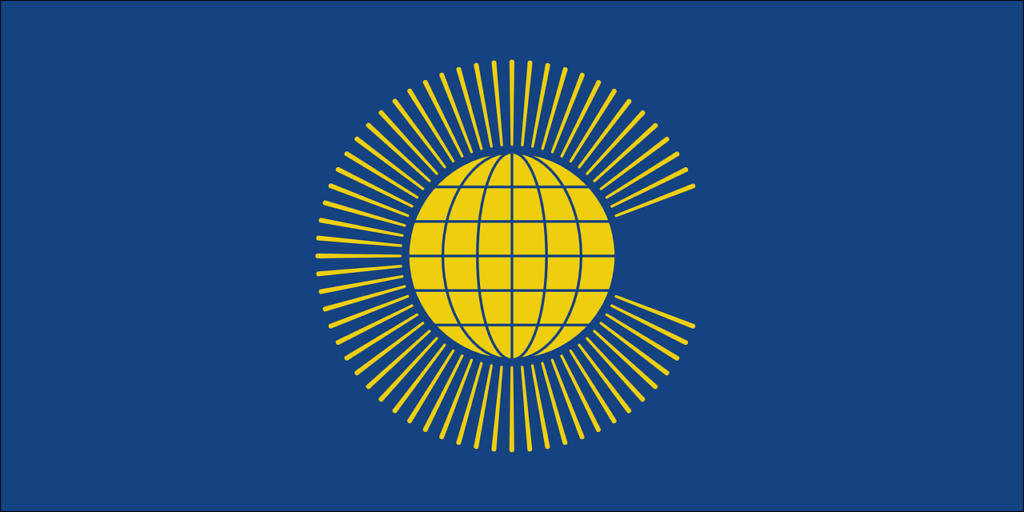The Commonwealth

The Commonwealth of Nations (often simply referred to as The Commonwealth) is a voluntary association comprising 56 independent and equal countries. While its origins lie in the era of the British Empire, when various countries around the world were ruled by Britain, it has since evolved into a diverse co-operative global network.
The concept dates back to the time when vast regions across the globe were governed by Britain. As these nations gradually attained varying degrees of autonomy and independence, many chose to maintain close political and cultural ties, forming what was initially known as the British Commonwealth or Commonwealth. In its early form, leaders of the member states were expected to affirm their allegiance to the British monarch. However, this requirement changed with the London Declaration in 1949, which enabled republics and nations with their own heads of state to remain in or join the association. Thus, the Commonwealth of Nations as we know it today was officially established.
The Head of the Commonwealth of Nations is largely symbolic and is selected by consensus among Commonwealth leaders. King George VI held the title first, followed by Queen Elizabeth II, and now King Charles III. Although the Commonwealth’s foundation is deeply rooted in British history, it has grown into what is often described as a “family of nations,” united by shared values such as development, democracy, and peace. The most recent members to join this global community were Gabon and Togo, in 2022 – neither of which have any association with the former British Empire.
As a voluntary association, each member state is encouraged to participate equally and uphold the values and principles enshrined in the Commonwealth Charter. The association operates through The Commonwealth Secretariat, The Commonwealth Foundation and the Commonwealth of Learning, headquartered at Marlborough House on Pall Mall in London.
Today, the Commonwealth spans a vast geographical area, encompassing 2.7 billion people across Africa, Asia, the Caribbean and the Americas, Europe, and the Pacific—making it a truly global network bound not by colonial legacy, but by cooperation and mutual respect.
Vocabulary
To comprise (vb) – To include
Vast (adj) – Extremely large
Allegiance (n) – Loyalty to a group, country, or leader
By consensus (n)– With general agreement from everyone involve
To enshrine (vb) – To formally protected in a document/law
To encompass (vb)– To include in a group/area



Responses